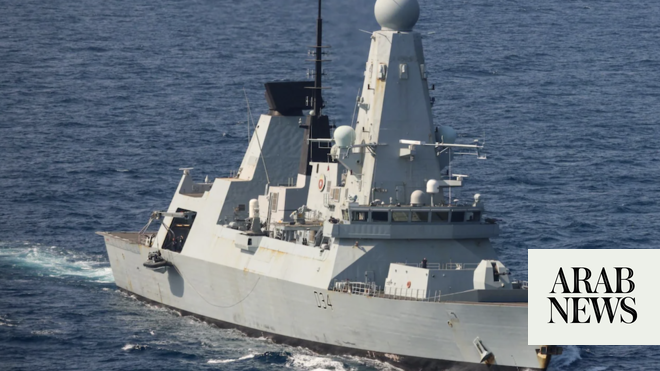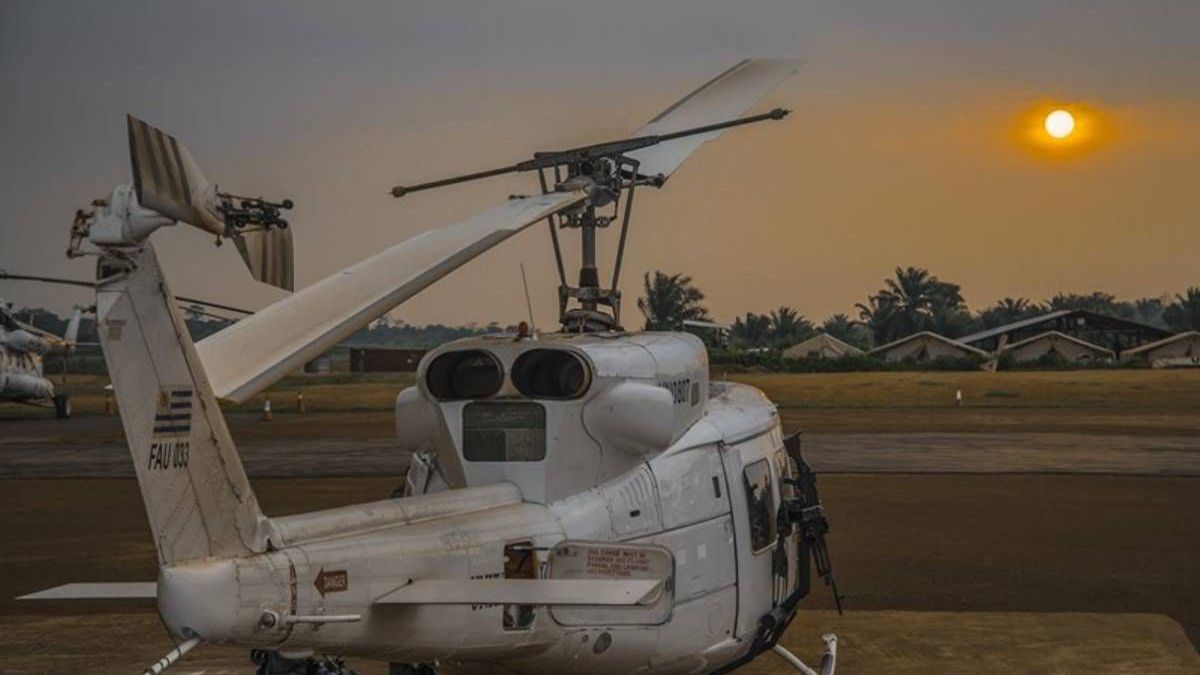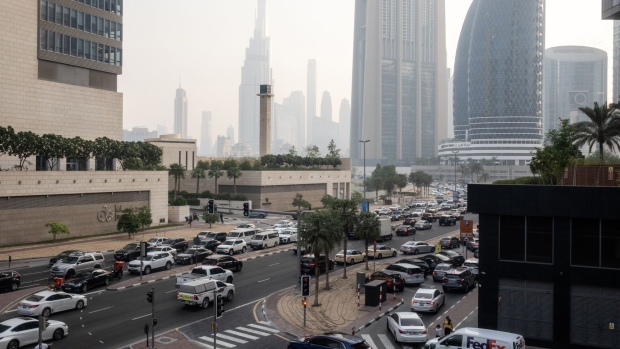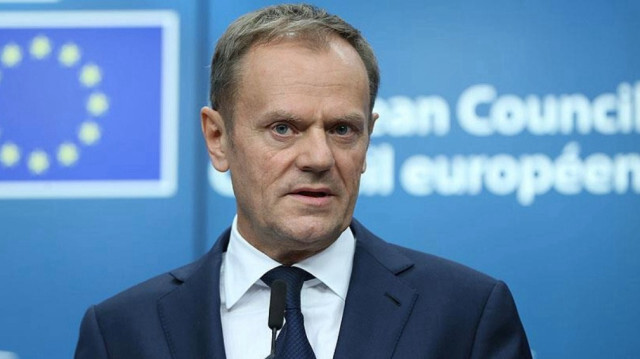Escalation in Maritime Aggressions: Yemeni Houthi Militia Targets Commercial and Military Vessels
A recent surge in maritime hostilities has raised global concerns as Yemen's Houthi militia attacks ships, drawing international military responses.
Published April 27, 2024 - 00:04am

Image recovered from arabnews.com
LONDON/CAIRO/SANA'A: Tensions in the Middle East have escalated following a series of reported maritime attacks by Yemen's Houthi militia against commercial and military vessels belonging to the United States, Israel, and other nations. The Royal Navy's HMS Diamond, a Type 45 destroyer, successfully intercepted a ballistic missile believed to have been launched by the Iran-backed Houthis, marking the first such incident for the British Navy since the Gulf War. This defensive measure underlines the growing sophistication of weapons supplied to non-state actors in the region.
According to various sources, including the UK's defense secretary Grant Shapps and the Houthi military spokesman Yahya Sarea, the Houthi rebels claimed to have targeted vessels such as the US ship Maersk Yorktown and an Israeli vessel MSC Veracruz with missiles and drones. The attack against MSC Darwin, reported by the Houthi-controlled Saba News Agency, and subsequent assaults on Israeli-linked targets in the Gulf of Aden underscore the rebels' efforts to disrupt naval routes and demonstrate their burgeoning military capabilities.
Yemen's coastline has become a flashpoint for naval confrontations, with the Houthis expressing their intent to hinder navigation to Israeli ports as a form of retaliation and solidarity with Palestinians. The group's actions have led to a reduction in shipping traffic in the Red Sea and raised the specter of broader security implications for international trade and military strategy in the region. These incidents have stoked regional instability, prompting calls for increased defense spending and a reevaluation of naval security protocols.
With the Houthis extending their reach into the Indian Ocean and showing a capability to inflict direct damage, the international community has been monitoring the situation with growing unease. Responses from the US and UK, which have included air strikes against Houthi targets, have drawn both support and condemnation, with some countries viewing the actions as an infringement upon Yemeni sovereignty and a potential trigger for a wider conflict.
The situation is further complicated by the multifaceted nature of Yemen's conflict, which has been exacerbated by regional rivalries between Saudi Arabia and Iran. It involves various domestic and international stakeholders, making it one of the most intricate geopolitical quagmires of current times. As the conflict nears its eighth year, the intervention by Saudi Arabia and its coalition, which includes the UAE, has been met with international criticism over human rights and the humanitarian crisis it has contributed to in Yemen, including widespread famine and the destruction of infrastructure.
Moreover, the escalation in maritime attacks comes against the backdrop of ongoing peace negotiations. The United Nations has repeatedly called for a ceasefire and a return to the political dialogue. Martin Griffiths, the UN special envoy for Yemen, has urged all parties to commit to a ceasefire and engage in UN-facilitated talks to reach a political settlement. However, actions by the Houthi rebels cast doubt on their willingness to participate in peaceful negotiations and may complicate efforts to reach a resolution.
In response to the Houthi assaults, the US has redeployed missile defense systems and enhanced naval patrols in the region. The Pentagon has emphasized the need to maintain freedom of navigation and safeguard global trade routes, which are vital for international commerce. Meanwhile, Israel has remained guarded in its public statements but is understood to be reinforcing its maritime defenses and sharing intelligence with coalition partners in response to the threats posed by the Houthis and their allies.
The European Union has also raised concerns regarding the situation in Yemen, emphasizing the importance of maintaining the Rule of Law at sea and ensuring the safety of maritime traffic, which is crucial for many EU member nations that rely heavily on the Suez Canal for their energy supplies and trade with Asia. Federica Mogherini, the High Representative of the EU for Foreign Affairs and Security Policy, stated that any disruption of maritime traffic in the Red Sea could have far-reaching economic consequences.
Simultaneously, humanitarian organizations have noted that further militarization in the region risks worsening the humanitarian situation in Yemen, which remains one of the most severe in the world. The World Food Programme (WFP) and other agencies have reported difficulties in delivering much-needed aid to Yemen due to the ongoing conflict and are calling for unimpeded access to ports and more secure conditions for the delivery of humanitarian assistance.
As the global economy continues to recover from the impacts of the COVID-19 pandemic, the added strain of geopolitical tensions in critical shipping lanes has led to increased scrutiny by the International Maritime Organization (IMO) and calls for an international framework to address security challenges posed by non-state actors. This comes at a time when the shipping industry already faces significant pressure from environmental regulatory changes and calls for increased digitalization and security measures against cyber threats.
The Houthi insurgency in Yemen has, thus, not only destabilized the Gulf region but also posed a significant challenge to international law and security far beyond the immediate vicinity of the Arabian Peninsula. As world powers and regional actors vie to address these concerns, all eyes remain fixed on the Bab-el-Mandeb strait and the Gulf of Aden, through which a sizable portion of the world's maritime traffic must pass, underscoring the need for a stable and peaceful Middle East for the prosperity and security of the global community.







